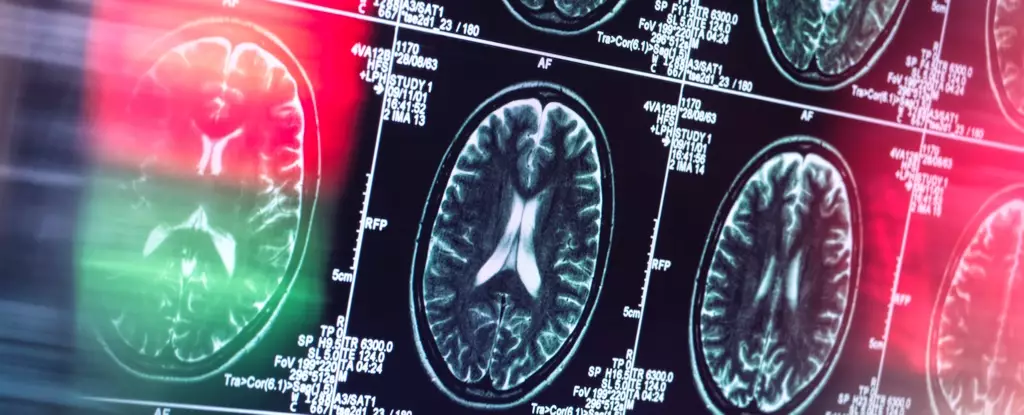The study conducted by researchers from Stanford University has shed light on the dysfunctions in specific brain systems that play a crucial role in the development of psychosis. Psychosis, characterized by disconnections from reality such as hallucinations and delusions, is a complex condition that can occur independently or as a part of other mental health disorders like schizophrenia and bipolar disorder. The findings from this study provide valuable insights into how symptoms of psychosis manifest and offer a potential path for improved treatments and interventions.
Through brain scans of individuals with various conditions including autism, ADHD, early psychosis, and genetic predispositions to psychosis like the 22q11.2 deletion syndrome, the research team pinpointed differences in brain function related to two specific areas – the anterior insula and the ventral striatum. The anterior insula is a critical component of the salience network, responsible for filtering important information, while the ventral striatum is involved in reward prediction processes driven by dopamine pathways. These distinct differences in brain activity highlight the significance of information filtering and reward anticipation in individuals with psychosis.
The study’s findings not only contribute to a better understanding of the neurobiological basis of psychosis but also open up possibilities for targeted treatment approaches. By focusing on the identified brain regions implicated in psychosis development, such as the anterior insula and ventral striatum, researchers may be able to tailor existing therapies like transcranial magnetic stimulation and focused ultrasound to intervene at these specific neural centers. This level of precision in treatment delivery could potentially improve outcomes for individuals at risk of psychosis and enhance the effectiveness of therapeutic interventions.
In addition to advancing the field of psychosis research, the study emphasizes the importance of approaching individuals with psychosis with compassion and empathy. The subjective experience of being disconnected from reality can be frightening and disorienting, underscoring the need for supportive and non-judgmental care for those affected by the condition. By destigmatizing psychosis and increasing awareness about the neurological underpinnings of the disorder, efforts can be made to create a more inclusive and understanding environment for individuals grappling with psychosis.
The identification of brain dysfunctions in key neural circuits involved in psychosis offers a valuable framework for understanding the development and progression of the condition. By honing in on the anterior insula and ventral striatum as critical regions implicated in psychosis, researchers pave the way for targeted treatments and interventions that address the core neural abnormalities contributing to the disorder. Moreover, the study’s emphasis on compassion and support for individuals with psychosis highlights the need for a holistic approach to mental health care that prioritizes empathy and understanding.


Leave a Reply